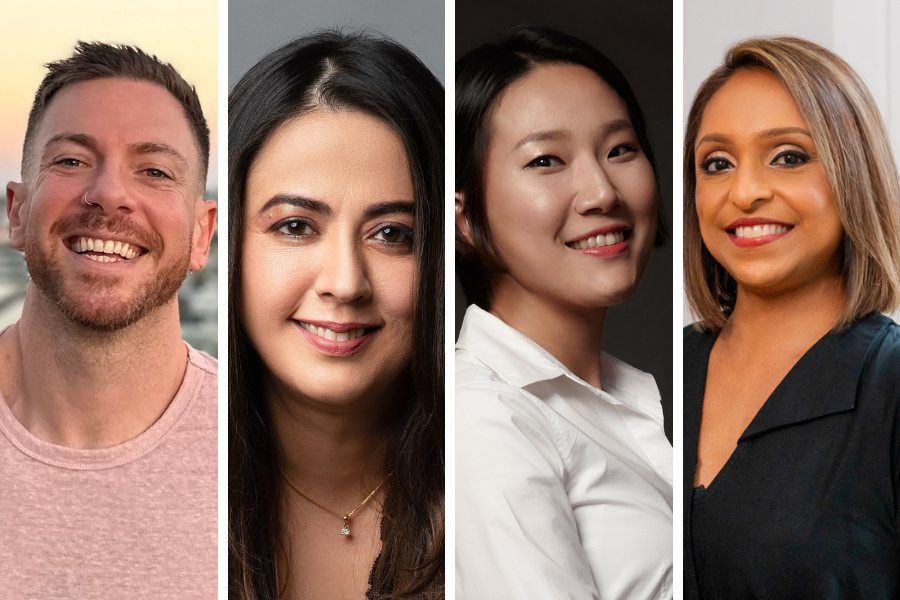From talk to action: Uncovering unconscious biases to prevent workplace classism
EssenceMediacom leaders across APAC shared how unconscious bias can be detrimental to the workplace, the very real impact it has on employees, and why the onus is on agencies to educate their clients on bias.
by Staff Writer

Sign In
Trouble signing in?
